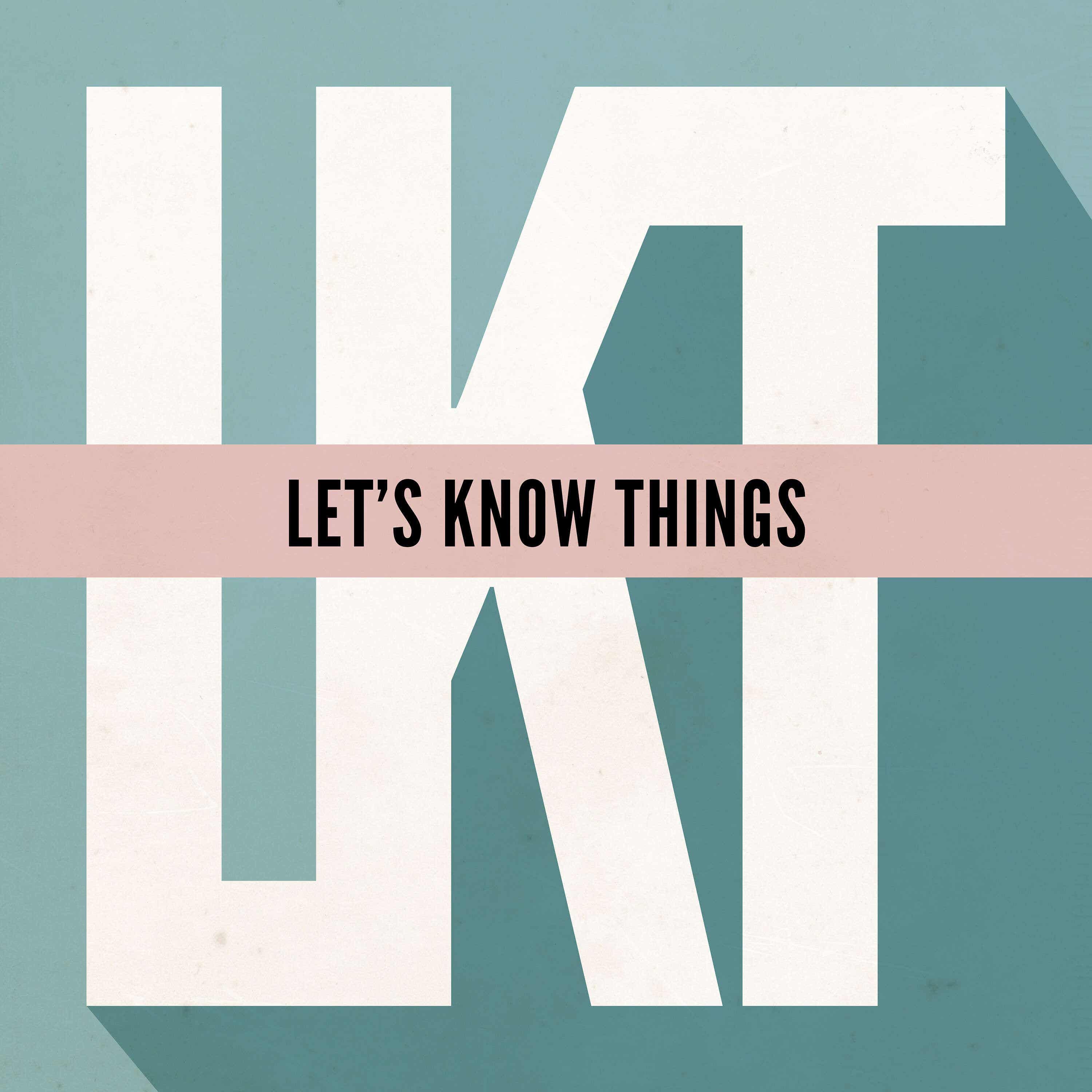Axis of Disorder
Description
This week we talk about China, Russia, and the Shanghai Cooperation Organization.
We also discuss BRICS, North Korea, and the post-WWII global world order.
Recommended Book: Supercommunicators by Charles Duhigg
Transcript
The Shanghai Cooperation Organization, or SCO, is a defense and economic alliance that was started by China and Russia back in 2001, and which has since expanded to become the largest regional organization in the world in terms of both land area and population, encompassing something like 80% of Eurasia, and 40% of the global population, as of 2020.
The SCO also boasts about 20% of global GDP between its member nations, which originally included the governments of its precursor regional alliance, the Shanghai Five, which formed back in 1996: China, Russia, Kazakhstan, Kyrgyzstan, and Tajikistan.
With the evolution of that group into the SCO, though, Uzbekistan joined the club, and in 2017 it allowed India and Pakistan in, as well. Iran joined in 2023, and the list of observer and dialogue partner nations is pretty big, including Armenia, Azerbaijan, Bahrain, Belarus, Cambodia, Egypt, Kuwait, the Maldives, Mongolia, Myanmar, Nepal, Qatar, Saudi Arabia, Sri Lanka, Turkey, and the UAE.
The original purpose of the Shanghai Five, which was inherited by the SCO, was to increase trust and diplomatic relationships between these nations, which otherwise have a lot of potential enemies surrounding them on all sides—this is why the advice to never fight a land war in Asia is so well-taken: there's just a lot of land and a lot of borders and pretty much everyone who's tried, with few exceptions, has found themselves depleted by the effort.
Thus, while there are other components to the SCO, member countries' agreement to respect each others' borders, including opposition to intervention in other countries—invading them, messing with their politics, criticizing their approach to human rights, etc—the sovereignty issue is the big one here, with making sure that everyone involved is diplomatically tied-up with everyone else in a close second, so member states can focus on the borders that present the most risk, and invest less attention and resources on the borders they share with their fellow members.
That said, the SCO also includes mechanisms that allow member nations to work together on big projects, like transportation infrastructure that passes through or benefits more than one country, and fighting local terrorist organizations. It also allows them to integrate some aspects of their monetary and banking infrastructure, among other ties, so there's an economic component to these relationships.
Another intergovernmental organization that likewise encompasses a significant chunk of the global population, landmass, and economic activity is BRICS, which is an acronym that was originally coined to gesture at the economic potential of the then-burgeoning economies of Brazil, Russia, India, China, and South Africa, but which in recent years has expanded to also include Iran, Egypt, Ethiopia, and the UAE.
BRICS nations hold about 30% of the world's territory, 45% of its population, and pull in about 33% of global GDP, based on purchasing power parity.
And BRICS has long served as a sort of counterweight to global institutions that often seem to favor the world's wealthiest and most powerful nations, many of which are Western nations, like those of North America and Europe.
So while the G7's expanded iteration, the G20, brings nations like Brazil, India, and Indonesia into the conversation, the majority of the power in such institutions—and this includes institutions like the UN, because of who holds vetoes and soft power influence within those organizations—the majority of the power is still typically held by the world's currently most influential and wealthy governments.
And BRICS, from the beginning, included those nations that were assumed to become the most powerful, or at least equally powerful nations, by ma
More Episodes
This week we talk about neural networks, AGI, and scaling laws.
We also discuss training data, user acquisition, and energy consumption.
Recommended Book: Through the Grapevine by Taylor N. Carlson
Transcript
Depending on whose numbers you use, and which industries and types of investment those...
Published 11/19/24
Published 11/19/24
This week we talk about the Double Reduction Policy, gaokao, and Chegg.
We also discuss GPTs, cheating, and disruption.
Recommended Book: Autocracy, Inc by Anne Applebaum
Transcript
In July of 2021, the Chinese government implemented a new education rule called the Double Reduction Policy.
This...
Published 11/12/24


